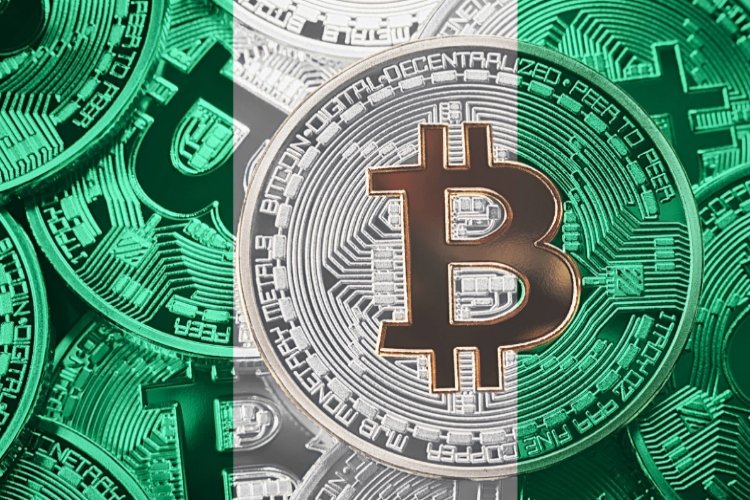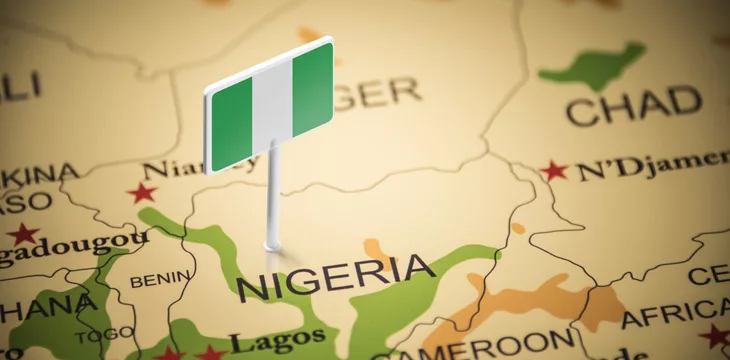
Which African nation is leading Crypto?
As a continent with 54 countries, there is natural interest to see which country will have the most cryptocurrency users per population and become the crypto King
For this discussion, a crypto King is a country which positions itself as a primary destination for cryptocurrency-related developments and activities.
Regulation sets the stage for cryptocurrency operation within a territory.
Cryptocurrency is growing across the world and Africa is no exception. As a continent with 54 countries, there is natural interest to see which country will have the most cryptocurrency users per population to become the cryptocurrency-adoption-King. There have been many developments in Africa over the last couple of years that have brought propelled crypto popularity, with some factors setting it back notwithstanding. Which country will emerge as Africa’s crypto King and why?
What makes a crypto King
To arrive at a conclusion, there is a need to define a crypto King. For this discussion, a crypto King is a country which positions itself as a primary destination for cryptocurrency-related developments and activities. We will consider many things to gauge this.
1. State of crypto regulation
First and foremost is the cryptocurrency regulation within the country. Regulation sets the stage for cryptocurrency operation within a territory. The degree and extent of regulation will be our first pillar.
2. Adoption
Next, we will look at adoption by users. This is the percentage of the population that uses cryptocurrency.
Business buy-in is the degree to which businesses have enabled cryptocurrency transacting. The caveat on this one is that it depends on the regulatory environment. Businesses cannot be expected to go against the law, explicit or implicit, in their operations.
We will also examine the demographics of a country paying particular attention to population, internet penetration, financial inclusion and GDP per capita.
Nigeria
The most populous country on the African continent is also a cryptocurrency hotspot. That is not entirely surprising. However, when we look at the regulatory space the cracks start to emerge. Nigeria has a hostile relationship with cryptocurrency and currently has an implicit ban on cryptocurrency usage in the country. On the positive side Nigeria has launched Africa’s only Central bank Digital Currency to date, eNaira. While the eNaira has struggled to find adoption rates close to those of other cryptocurrencies it is clear that there are many things the Nigerian government can learn from the CBDC launch.
Cryptocurrency Adoption in Nigeria
In absolute numbers, no country has more cryptocurrency users in Africa than in Nigeria. However, Nigeria also has Africa’s largest population at around 213.4 million. Cryptocurrency adoption rates in Nigeria have the same measurement problems as other countries but generally range in the low teens. The Nigerian population has been very accepting of cryptocurrency, partly as an escape from the problems of the domestic currency the Naira. Nigeria continually tops statistics for cryptocurrency searches, usage, transacting and other user metrics.
Business buy-in
Another area that hamstrings Nigeria is the lack of business buy-in. As mentioned before this is informed by the regulatory environment. Businesses cannot be expected to break the law and those offering services largely do so offshore. The Bank of Nigeria has shown no signs of bowing on the issue which has unfortunately also hampered the adoption of the eNaira.
Demographics
We’ve already spoken about Nigeria’s large population. Nigeria’s GDP per capita is $2430 which ranks 18 out of 53 African countries. That is a large population with some room to monetize. Nigeria has a financial inclusion rate of 64.1%. So Nigeria could stand to gain a lot on that from regulating cryptocurrency. Nigeria’s internet penetration rate however is only 35.5% which presents a significant challenge in growing cryptocurrency adoption.
A change in the attitude towards regulation would turn things around for Nigeria. Fortunately, this is in the hands of Nigeria. Infrastructure would also have to improve for Nigeria to lay claim to the Crypto King of Africa.


